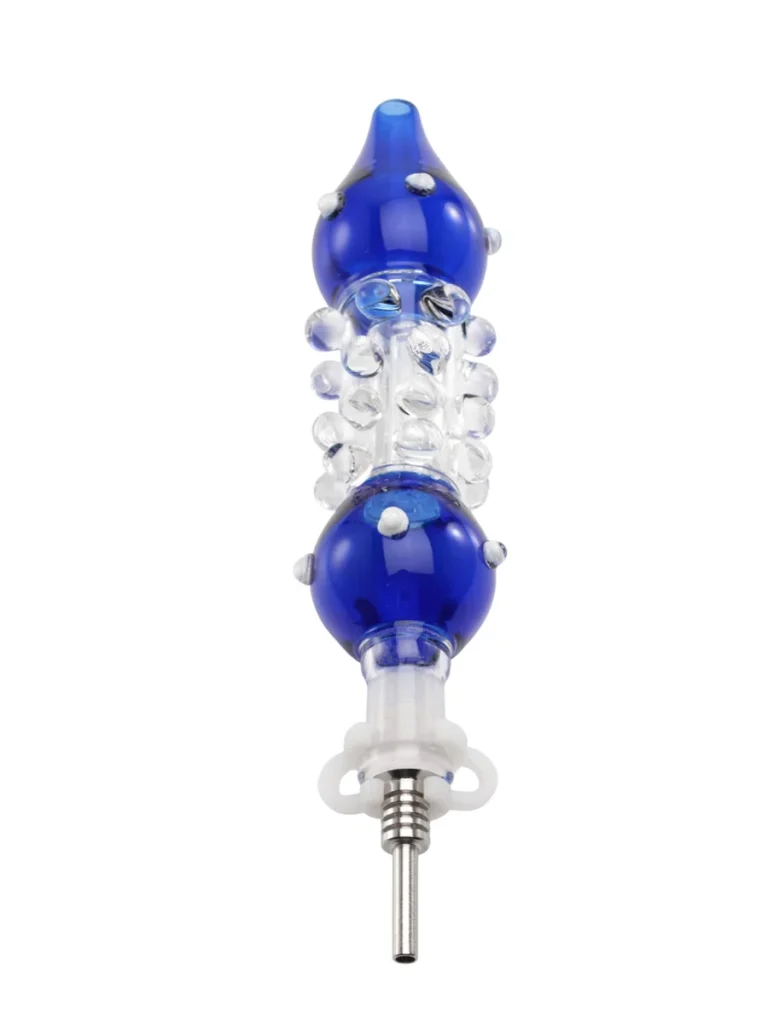
What is Injectable Weight Loss?
Defining Injectable Weight Loss
Injectable weight loss refers to a category of weight management solutions delivered through subcutaneous injections. These medications are designed to assist individuals struggling with obesity or overweight issues to achieve their weight loss goals. Unlike traditional methods that may focus solely on diet and exercise, injectable therapies provide a pharmacological approach by utilizing specific compounds that can influence metabolic processes, appetite, and satiety. For many, these medications represent a valuable tool in a multifaceted treatment plan aimed at achieving sustained weight loss.
A range of injectable medications has gained popularity due to their effectiveness in promoting weight loss while addressing the underlying physiological factors contributing to obesity. As more individuals turn to medical intervention, the landscape of weight management continues to evolve, highlighting the importance of understanding these treatment options. For more information on how these injections can enhance weight management efforts, visit Injectable Weight Loss.
Types of Injectable Weight Loss Medications
Currently, several injectable weight loss medications have been approved for use. The most prominent among them are glucagon-like peptide-1 (GLP-1) receptor agonists, which include semaglutide and liraglutide. These medications are designed not only to assist in weight loss but also to help manage associated health conditions such as type 2 diabetes.
Additionally, other formulations like tirzepatide, which exhibits multiple modes of action, are becoming increasingly important in the weight management landscape. Each of these medications may have different protocols regarding dosing frequency, efficacy, and potential side effects, making it crucial for users to have individualized care plans.
Mechanism of Action
The primary mechanism of action for injectable weight loss medications typically involves the modulation of hormonal pathways related to appetite and digestion. GLP-1, for example, is a hormone released in the intestines that promotes insulin secretion while simultaneously slowing gastric emptying. This dual action contributes to a feeling of fullness, reducing overall food intake.
Medications targeting the central nervous system can also modulate eating behaviors by affecting neurotransmitter activity in the brain, which plays a significant role in appetite regulation. Understanding these mechanisms is critical for optimizing treatment and achieving long-term weight loss success.
Who Can Benefit from Injectable Weight Loss?
Eligibility Criteria for Patients
Eligible individuals for injectable weight loss therapies typically include those with a body mass index (BMI) of 30 or higher (obesity) or those with a BMI of 27 or greater (overweight) who present at least one weight-related health condition. Users should be ready to adopt lifestyle changes in conjunction with medical treatment to optimize outcomes.
Moreover, healthcare professionals will evaluate a patient’s medical history, current medications, and individual health goals to determine the appropriateness of injectable therapies. Comprehensive assessments ensure that patients receive a treatment tailored to their specific needs.
Assessing Individual Goals
Before embarking on the injectable weight loss journey, it’s essential for individuals to clearly define their weight loss aspirations. Specific goals may include weight reduction for health improvement, enhancing mobility, or even boosting self-esteem and body image. Establishing such objectives at the outset supports motivation and adherence to the prescribed treatment protocol.
Patients should work closely with their healthcare providers to set realistic, measurable goals aligned with their personal contexts. This collaborative approach fosters a more robust support system designed to sustain weight loss efforts.
Underlying Medical Conditions
In many cases, individuals seeking injectable weight loss may present with underlying medical conditions that can complicate their weight-loss efforts. Conditions such as hypothyroidism, polycystic ovary syndrome (PCOS), or certain psychiatric disorders may impact weight management. Hence, treatment plans that consider these health issues often yield better results.
Prioritizing an integrative approach, where both medical and lifestyle factors are addressed, can significantly enhance the overall efficacy of injectable weight loss solutions.
Benefits of Injectable Weight Loss
Effectiveness in Weight Management
Studies have demonstrated that injectable weight loss medications can lead to substantial weight reductions, often exceeding those achievable by lifestyle changes alone. Patients receiving GLP-1 receptor agonists have shown an average weight loss of 10% to 15% within six months to a year of initiating treatment.
This notable effectiveness can lead to better health outcomes, not just through weight reduction but also in improving patients’ quality of life, reducing the risk of obesity-related diseases, and enhancing metabolic parameters.
Impact on Comorbidities
Injectable weight loss therapies hold considerable promise for improving comorbidities associated with obesity. Through weight reduction, patients may experience improvements in conditions such as type 2 diabetes, hypertension, and dyslipidemia. These changes often translate to decreased dependency on medications and healthcare costs over time.
The potential benefits extend to psychological well-being, with evidence suggesting that successful weight management can lead to improved mood, chronic condition management, and overall life satisfaction.
Long-term Weight Maintenance Strategies
One of the challenges of weight loss is maintaining achieved results over the long term. Injectable weight loss medications can enhance adherence to weight maintenance strategies through their appetite-suppressing effects and their ability to instill a sense of satiety. Coupled with ongoing medical supervision, regular physical activity, and tailored dietary modifications, individuals can successfully sustain their weight loss goals.
Many programs also emphasize the importance of ongoing counseling and support networks that help individuals navigate the complexities of behavior change and weight maintenance.
Potential Side Effects and Risks
Common Side Effects
As with any medical treatment, injectable weight loss therapies come with potential side effects. Most commonly reported are gastrointestinal symptoms such as nausea, vomiting, diarrhea, and constipation, which may diminish as the body adjusts to the medication.
Other side effects can include injection site reactions, headaches, and fatigue. Understanding the likelihood of these effects can help individuals manage their expectations and prepare for initial treatment phases.
Serious Risks and Considerations
In rare instances, injectable weight loss medications can lead to more severe reactions, including pancreatitis, gallbladder disease, and thyroid tumors. Patients should be carefully monitored throughout their treatment, particularly if they have a history of these conditions or are taking other medications that may interact.
Healthcare providers typically conduct a thorough risk assessment before initiating treatment, ensuring that patients are well-informed about potential adverse effects.
Evaluation and Monitoring
Regular follow-up appointments are essential for evaluating the effectiveness and safety of injectable weight loss therapies. These evaluations generally include weight checks, assessment of potential side effects, and discussions about ongoing lifestyle changes.
Adjustments to treatment can be made based on individual progress, allowing healthcare providers to tailor strategies that align with patient goals while maintaining safety.
Getting Started with Injectable Weight Loss
Consultation Process
The pathway to injectable weight loss begins with a comprehensive consultation with a healthcare provider. This initial meeting typically involves assessing one’s medical history, discussing weight loss aspirations, and reviewing potential treatment options tailored to the individual’s needs.
This consultation aims to ensure that patients fully understand the implications of injectable therapies and that their expectations align with realistic outcomes.
Follow-up Care and Support
Successful weight management often involves ongoing care and support beyond the initial consultation. Healthcare providers may implement structured follow-up protocols that allow patients to explore challenges, successes, and necessary adjustments in their treatment.
Support groups, counseling sessions, and educational resources can significantly enhance the effectiveness of injectable weight loss therapies, ensuring individuals have access to vital information as they navigate their weight loss journey.
Integrating Lifestyle Changes
While injectable weight loss medications can provide significant assistance, incorporating complementary lifestyle changes is crucial for long-term success. This typically includes dietary modifications that emphasize whole foods, physical activity that aligns with personal preferences and capabilities, and behavioral changes that foster healthier habits.
Integrating these components into daily routines reinforces the efficacy of injectable therapies and promotes a holistic approach to weight management.




